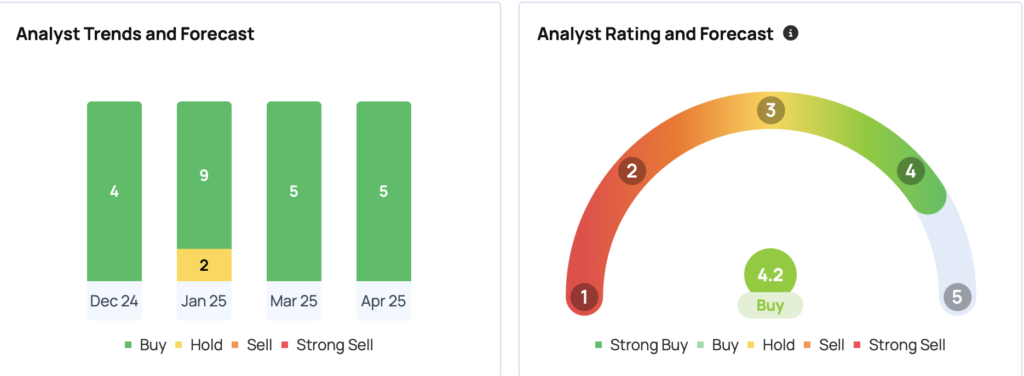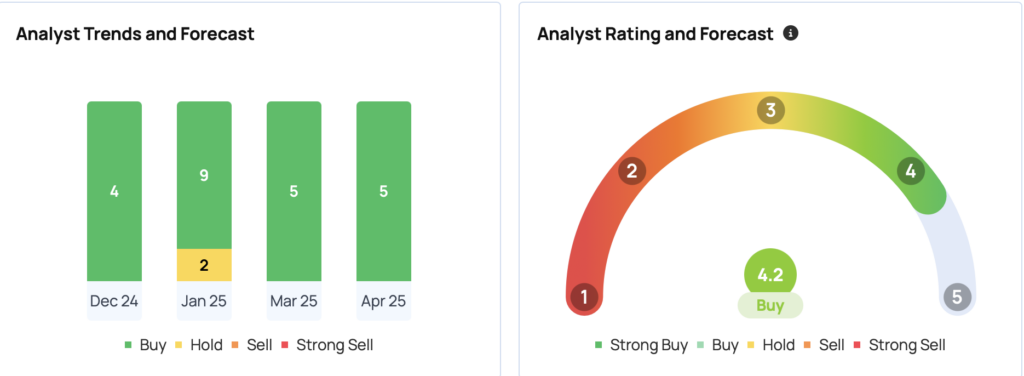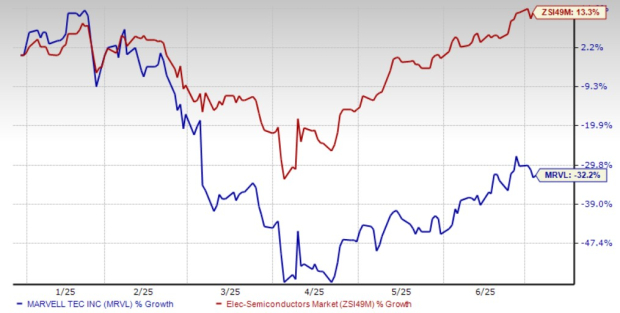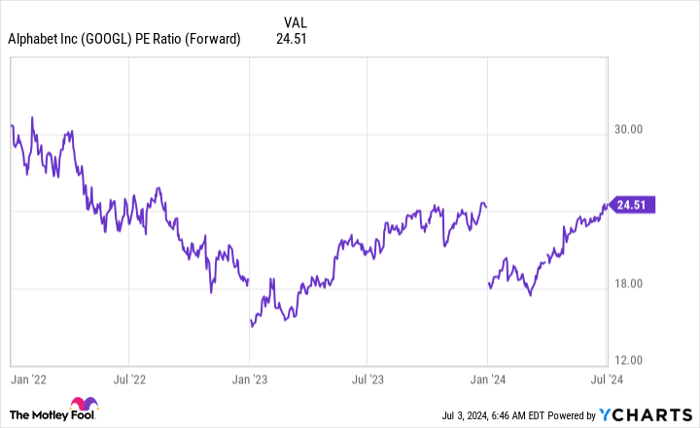Microsoft Unveils New ‘Computer Use’ Tool in Copilot Studio
On Tuesday, Microsoft Corporation MSFT announced a research preview of the “Computer Use” feature within Copilot Studio. This innovative tool allows AI agents to interact directly with desktop and web applications to perform various tasks.
Key Features of the “Computer Use” Tool
What Happened: This new feature empowers AI agents to click buttons, enter text into fields, and navigate menus—even in environments that lack APIs. Such capabilities may enhance automation and efficiency in workflow management.
Microsoft CEO Satya Nadella shared his enthusiasm on X (formerly Twitter), stating, “We’re bringing computer use agent capabilities to Copilot Studio – enabling anyone to build agents that take action on the UI across both desktop and web apps.”
The “Computer Use” tool is driven by a large language model that can adapt quickly when application or website layouts change. Users can provide instructions in plain English without needing to write any code.
Interactive User Experience
Users will have the option to view a side-by-side comparison of the AI’s actions and decision-making processes. This feature will facilitate straightforward testing and instruction refinement, allowing users to optimize their interactions seamlessly.
Moreover, Microsoft emphasizes that this tool is enterprise-ready, operating within their Microsoft-hosted infrastructure, which ensures that customer data remains within the parameters of the Microsoft Cloud.
The company assured stakeholders that no data would be utilized to train any large language models.
Understanding Microsoft’s AI Strategy
Why It’s Important: During Microsoft’s recent second-quarter financial results, Nadella shared insights, stating, “We are innovating across our tech stack and helping customers unlock the full ROI of AI to capture the massive opportunity ahead.” He noted that Microsoft’s AI business has already achieved an annual revenue run rate of $13 billion, representing a 175% increase year-over-year.
Additionally, last month, Microsoft rolled out Dragon Copilot, an AI assistant created to enhance clinical workflows using voice dictation, ambient listening, and generative AI capabilities.
Earlier this year, Salesforce Inc. CRM co-founder and CEO Marc Benioff criticized Microsoft’s Copilot, claiming it failed to gain user adoption and labeled it a rehashed version of OpenAI’s ChatGPT.
In February, Microsoft announced a reduction in its AI data center presence in the U.S. by canceling numerous leases. This decision came as a surprise after Microsoft had previously outlined intentions to invest around $80 billion to enhance its AI data center and expand AI-driven applications globally.
Stock Performance and Analyst Outlook
Price Action: Year-to-date, Microsoft shares have dipped 7.85%, and over the past year, they are down 6.96%, as noted by Benzinga Pro data.
The average price target for Microsoft is set at $502.57, based on evaluations from 32 analysts. The latest projections from BofA Securities, UBS, and Wells Fargo average around $486.67, indicating a potential upside of 26.47%.

Benzinga’s Edge Rankings provide Microsoft with a momentum rating of 46.80% and a growth rating of 64.72%. For more detailed analysis on stocks and potential growth opportunities, consider subscribing to Benzinga Edge.
Check out more of Benzinga’s Consumer Tech coverage by following this link.
Photo Courtesy: katuSka On Shutterstock.com
Read More:
Disclaimer: This content was partially produced with the help of AI tools and was reviewed and published by Benzinga editors.







